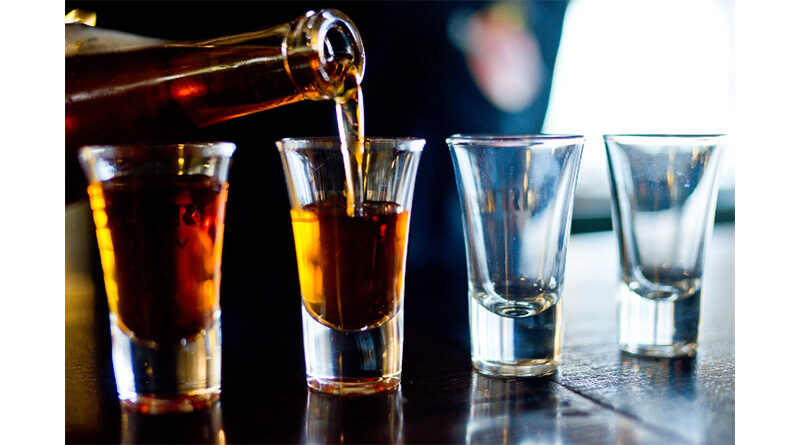Alcohol-Induced Unconsciousness Linked To Increased Dementia Risk
New research published today (Wednesday 9 September) in the scientific journal JAMA Network Open links heavy drinking and alcohol-induced loss of consciousness to an increased risk of dementia.
What did the researchers investigate?
UK researchers looked at information collected from study volunteers across Europe, including those in the UK, France, and Sweden.
In total, 131,415 people completed a self-reported questionnaire to disclose how much alcohol they drank and 96,591 also reported if and when they lost consciousness from alcohol.
Heavy drinking was defined using current UK guidelines, as well as a weekly consumption exceeding 14 units.
What did the researchers find?
The team found that heavy drinkers had a slightly higher risk of dementia than moderate drinkers, but people who reported just one instance of alcohol-induced loss of consciousness during the previous 12 months had twice the risk of dementia compared to moderate drinkers.
Dr Sara Imarisio, Head of Research at Alzheimer’s Research UK, said: “Loss of consciousness because of heavy drinking is dangerous for many aspects of your health. This is not the first time research has revealed a link between alcohol misuse and dementia, and the latest Lancet Commission report on dementia risk included alcohol as one of 12 factors that, combined, are estimated to contribute to 40% of all dementia risk.
“While the study highlights that heavy drinking is linked to an increase in the risk of developing dementia, alcohol induced unconsciousness is harmful regardless of overall amount of alcohol consumed over a week.”
“Taking steps to curb the amount of alcohol you consume can have far-reaching health benefits and isn’t limited to improving brain health. The best current evidence indicates that as well as only drinking safely and within the recommended guidelines, staying physically and mentally active, eating a healthy balanced diet, not smoking, and keeping weight, cholesterol and blood pressure in check are all good ways to support a healthy brain as we age.”





